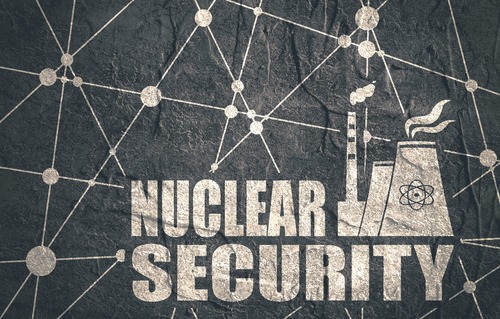
In its 2023 Stockpile Stewardship and Management Plan, recently submitted to Congress, the United States Department of Energy’s National Nuclear Security Administration (NNSA) called for modernization, ongoing production of warheads and plutonium pits, and better nuclear security.
“The SSMP is an annual document provided to Congress and the American people that outlines the status of major warhead modernization programs and highlights key budget information,” Jill Hruby, DOE Under Secretary for Nuclear Security and NNSA Administrator, said. “This year’s report was informed by the Nuclear Posture Review, which reaffirmed our commitment to investing in new initiatives focused on stockpile production, scientific and technological innovation, and better collaboration with our partners in order to maintain a safe, secure, and effective nuclear deterrent.”
The Nuclear Posture Review took place last year and called for a safer, more secure, and reliable nuclear weapons stockpile, without the need for nuclear explosive testing, among other things.
Plans for the days ahead include the production of 80 plutonium pits per year and ongoing production of the B61-12 Life Extension Program (LEP) and the W88 Alteration 370 warheads. The latter refers to a nuclear bomb capable of detonating with a yield of 1,250 kilotons – approximately equivalent to 83 of the bombs dropped on Hiroshima in WWII – and submarine-launched ballistic missile warheads.
Additionally, NNSA intends to produce the first units for the W80-4 LEP and W87-1 Modernization Program. The W80-4 is a warhead for a cruise missile, and the W87-1 is another thermonuclear missile warhead meant for use on ICBMs.
On top of this, the report addressed efforts to modernize the existing nuclear stockpile, refurbish infrastructure, and invest in science, research, technology, and engineering.




